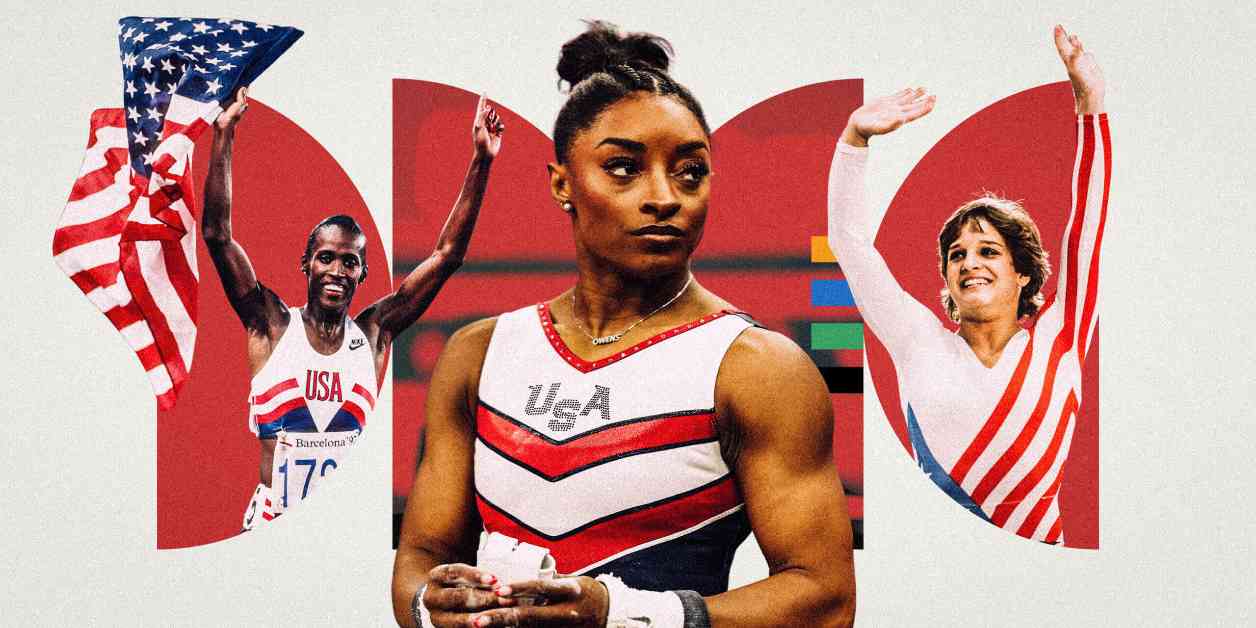Margaret Abbott, the first American woman to win an Olympic event, passed away at the age of 76, unaware of her historic achievement. The 1900 Paris Games marked the first time women were allowed to compete in the Olympics, but the event was disorganized, leading Abbott to believe she had won a local golf tournament. It was only decades later that Paula Welch, a professor at the University of Florida, discovered Abbott’s true accomplishment, much to the surprise of Abbott’s son, Philip Dunne.
The upcoming 2024 Paris Games are set to showcase the talents of female athletes like never before. Athletes like Simone Biles, Sha’Carri Richardson, and Katie Ledecky are expected to captivate audiences and become international sensations. This shift highlights the significant progress women have made in reshaping the landscape of the Olympics, where female athletes are now as recognizable as their male counterparts.
Jackie Joyner-Kersee, a prominent figure in women’s sports in the 1980s and ’90s, recognizes the importance of this moment in women’s sports history. Having won six Olympic medals, including three golds, Joyner-Kersee is eager to pass on her knowledge and experience to the next generation of athletes. She acknowledges the achievements of current female athletes like Richardson and Sydney McLaughlin-Levrone, emphasizing the growing excitement surrounding women’s athletics.
Joyner-Kersee’s impact extends beyond her athletic accomplishments. As a mentor to up-and-coming athletes like Anna Hall, she continues to inspire and support the next wave of Olympians. Her dedication to coaching and mentoring underscores her commitment to empowering young athletes to reach their full potential.
The legacy of pioneers like Wilma Rudolph, the first American woman to win three track and field gold medals at a single Olympics, serves as a source of inspiration for athletes like Joyner-Kersee. Rudolph’s advice to Joyner-Kersee after the 1984 Olympics helped shape her into a leader both on and off the track. This legacy of mentorship and support among female athletes paves the way for future generations to succeed in sports and beyond.
In a rapidly evolving sports landscape, women athletes are breaking barriers and making their mark in historically male-dominated fields. Books like Bonnie-Jill Laflin’s “In a League of Her Own: Celebrating Female Firsts in Sports” highlight the trailblazing achievements of athletes who have paved the way for the current generation. From Billie Jean King to Mary Lou Retton, these stories inspire young athletes to dream big and persevere in the face of adversity.
As women continue to excel in sports and leadership roles, the impact of their success extends far beyond the playing field. Leaders like Joyner-Kersee emphasize the importance of women in positions of influence, from university athletic directors to corporate executives. Their unique perspectives and skills contribute to the success of organizations and inspire future generations to reach new heights.
The 2024 Paris Games represent a pivotal moment in the history of women’s sports, where athletes from diverse backgrounds and disciplines will come together to showcase their talents on the world stage. With a legacy of resilience, mentorship, and empowerment, female athletes are poised to make history and inspire generations to come.


















